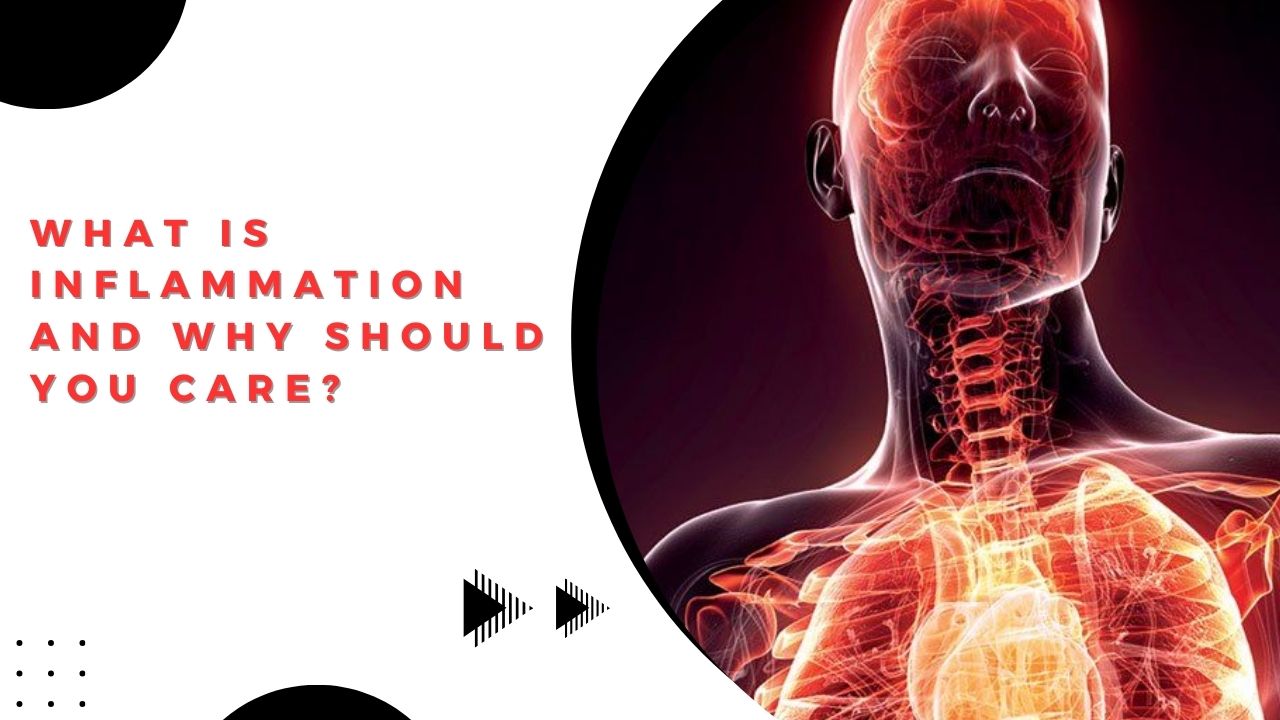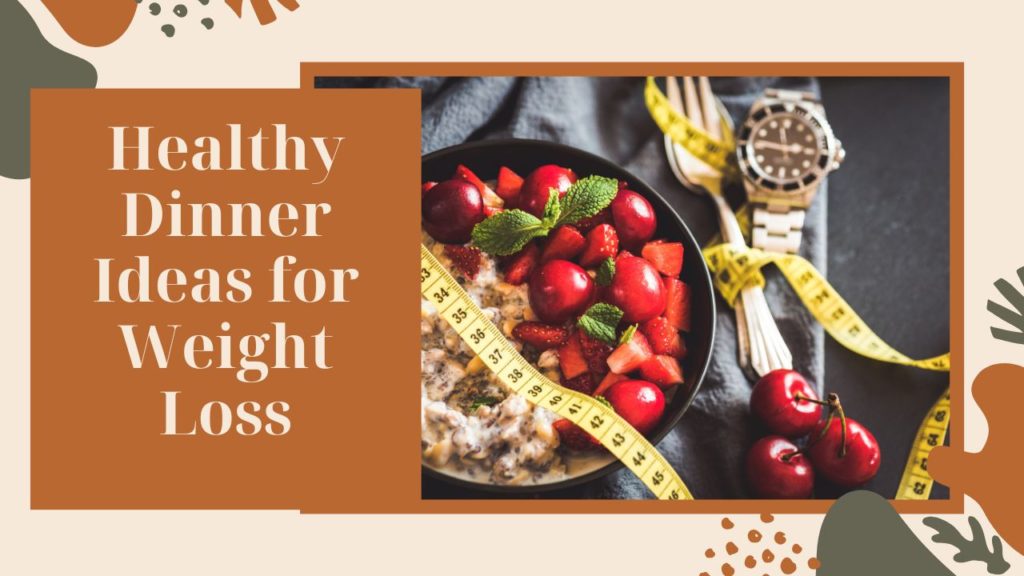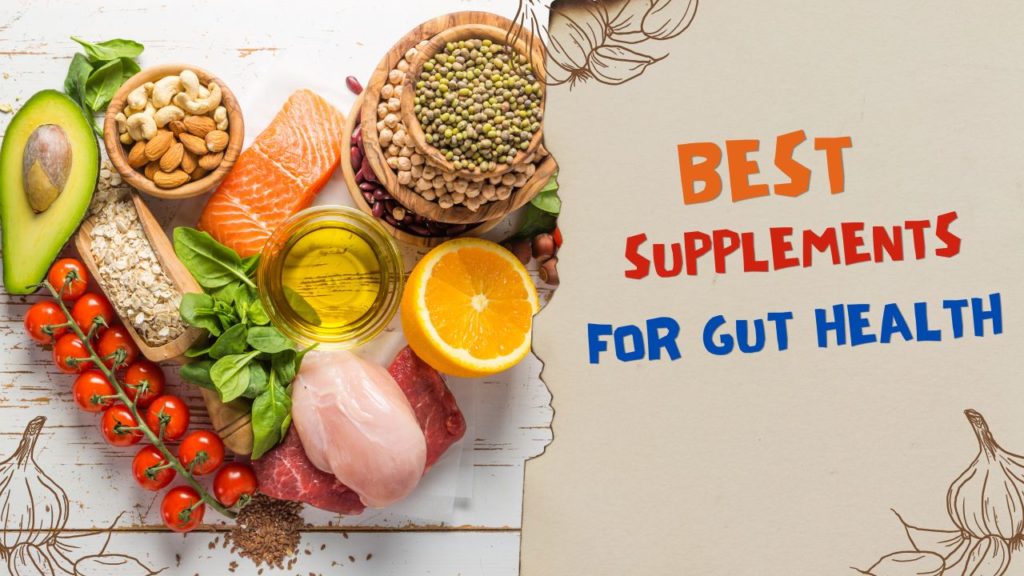Inflammation might sound like a scary medical term, but it’s actually your body’s way of saying, “Hey, I’m protecting you!” It’s a natural process that your immune system uses to defend against harmful invaders or repair damage. But like anything in life, too much of a good thing can turn bad. Let’s dive into what inflammation really is, the types, and why managing it is key to your overall health.
Table of Contents
What Exactly Is Inflammation?
Inflammation is your immune system’s response to harmful stimuli like infections, injuries, or toxins. Think of it as your body’s internal fire alarm. When something goes wrong, your immune system activates this alarm to deal with the problem and initiate healing.
There are two main types of inflammation:
1. Acute Inflammation
This is the short-term, rapid response your body triggers when something goes wrong. Here’s what happens:
| Symptom | What’s Happening |
| Redness and Warmth | Increased blood flow brings immune cells to the affected area. |
| Swelling | Fluid leaks into tissues, cushioning the injured area but causing temporary puffiness. |
| Pain | Nerve endings react to inflammatory chemicals, signaling that something is off. |
Acute inflammation is your body’s way of kicking into repair mode. Whether it’s a scraped knee or a mild infection, this type of inflammation typically resolves within hours or days.
2. Chronic Inflammation
Unlike acute inflammation, chronic inflammation lingers—sometimes for months or even years. It’s your body’s response when it can’t completely eliminate the problem or when it mistakenly targets healthy tissues. Here are the common causes:
- Persistent Stimuli: Long-term exposure to irritants like pollutants or infections.
- Autoimmune Conditions: Diseases like rheumatoid arthritis, where the immune system attacks healthy cells.
- Unhealthy Lifestyle Choices: Poor diet, stress, lack of exercise, and smoking are big contributors.
Chronic inflammation is often linked to serious health conditions like heart disease, cancer, and Alzheimer’s. It’s the silent culprit behind many modern health issues.
Why Does Chronic Inflammation Matter?
Chronic inflammation is like leaving a campfire smoldering instead of putting it out. Over time, it can cause damage to your body. Here are some key health risks:
1. Cardiovascular Diseases
Inflammation contributes to the buildup of plaque in your arteries, increasing the risk of heart attacks and strokes.
2. Cancer
Persistent inflammation can damage DNA and create an environment that fosters cancer growth.
3. Alzheimer’s Disease
Inflammatory responses in the brain can accelerate cognitive decline and neurodegenerative diseases.
4. Metabolic Syndrome
Conditions like obesity and type 2 diabetes are often tied to low-grade, chronic inflammation.
Signs You Might Have Chronic Inflammation
Not sure if chronic inflammation is something you’re dealing with? Here are some common signs:
- Fatigue that doesn’t go away
- Unexplained aches and pains
- Digestive issues, like bloating or frequent constipation
- Skin problems such as rashes or eczema
- Frequent infections or illnesses
How to Manage and Reduce Inflammation
The good news? You have the power to reduce chronic inflammation with a few lifestyle tweaks. Here’s how:
1. Adopt an Anti-Inflammatory Diet
Focus on whole, unprocessed foods rich in antioxidants and healthy fats. Here are some top picks:
| Foods to Include | Why They Help |
| Leafy Greens (e.g., kale) | Packed with antioxidants that neutralize harmful free radicals. |
| Berries | Rich in vitamins and compounds that fight inflammation. |
| Fatty Fish (e.g., salmon) | High in omega-3 fatty acids, which are natural inflammation fighters. |
| Nuts (e.g., walnuts) | Provide healthy fats and anti-inflammatory compounds. |
2. Stay Active
Regular exercise reduces inflammation by improving circulation and regulating immune function. Aim for at least 30 minutes of moderate activity most days of the week.
3. Prioritize Sleep
Poor sleep can spike inflammatory markers. Strive for 7-9 hours of quality rest per night.
4. Manage Stress
Chronic stress keeps your body in a constant state of alert, fueling inflammation. Techniques like meditation, deep breathing, or even a hobby you enjoy can help.
5. Quit Smoking and Limit Alcohol
Both smoking and excessive alcohol consumption are major drivers of chronic inflammation. Quitting or reducing intake can have a huge impact.
The Bottom Line
Inflammation isn’t all bad. In fact, it’s essential for healing. But when inflammation sticks around longer than it’s needed, it can become a silent troublemaker in your body. By understanding the difference between acute and chronic inflammation and taking steps to reduce lifestyle-related triggers, you can keep your body’s natural defense system working in your favor.
So, what will you do today to fight chronic inflammation? Whether it’s a small diet tweak or a walk in the park, your future self will thank you!




